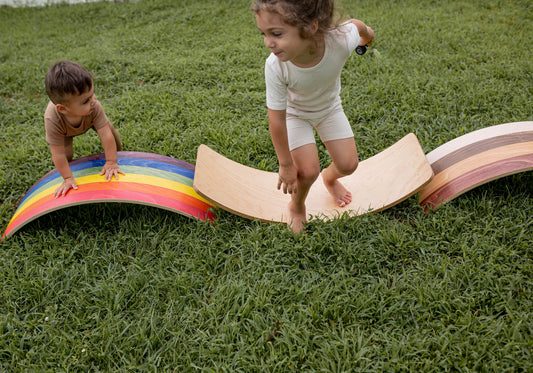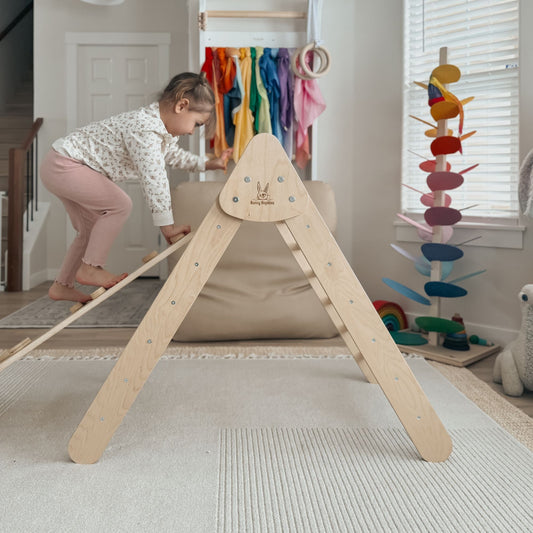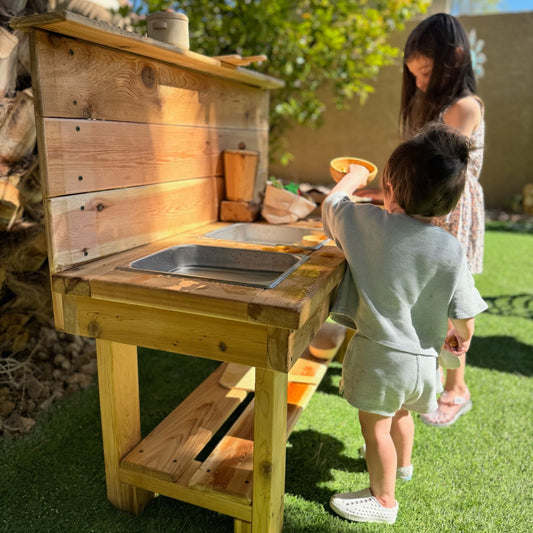
Exploring Child Development Philosophies: Insights from a Dad
Shamik DasguptaShare
As a dad of an elementary school daughter, my journey into childhood development led me to explore various educational philosophies. After countless hours of research, I’ve compiled some key philosophies and a brief overview of each. These insights are my personal take, and I hope they help other parents navigate the vast array of information out there.
Reggio Emilia
Overview: This philosophy from Italy emphasizes child-centered, experiential learning in a nurturing environment.
Key Principles:
- Emergent Curriculum: Based on children's interests.
- Project-Based Learning: Focus on long-term projects.
- Environment as the Third Teacher: Engaging and reflective learning spaces.
- Parental Involvement: Parents as active partners.
- Documentation: Recording children’s progress through various media.
HighScope
Overview: Developed by David Weikart, HighScope promotes active participatory learning with hands-on experiences.
Key Principles:
- Active Learning: Learning by doing.
- Daily Routine: Structured routines with planning and recall times.
- Key Developmental Indicators (KDIs): Encourages specific skills.
- Assessment: Systematic evaluation of progress.
Forest School
Overview: This philosophy emphasizes outdoor play and learning, originating in Scandinavia.
Key Principles:
- Nature-Based Learning: Education in natural environments.
- Child-Led Learning: Activities driven by children’s interests.
- Risk Management: Encourages taking manageable risks.
- Holistic Development: Focus on emotional, social, and physical growth.
- Sustainability: Emphasis on environmental stewardship.
Waldorf
Overview: Founded by Rudolf Steiner, this approach integrates intellectual, practical, and artistic development.
Key Principles:
- Artistic Expression and Creativity: Arts in everyday learning.
- Holistic Approach: Education of head, heart, and hands.
- Developmental Stages: Curriculum tailored to developmental stages.
- Teacher Continuity: Teachers stay with the same class for multiple years.
Montessori
Overview: Dr. Maria Montessori’s method focuses on independent, self-directed learning in a prepared environment.
Key Principles:
- Mixed-Age Classrooms: Children of different ages learning together.
- Self-Directed Learning: Children choose their activities.
- Hands-On Learning: Use of specific educational materials.
- Individual Pacing: Children progress at their own pace.
Froebel
Overview: Developed by Friedrich Froebel, the founder of the kindergarten concept, emphasizing play in learning.
Key Principles:
- Play-Based Learning: Learning through play.
- Use of Gifts and Occupations: Educational materials for teaching concepts.
- Creativity and Imagination: Encouraging creative expression.
- Nature and Gardening: Learning through interaction with nature.
These philosophies offer unique approaches to the holistic development of children through various methods and environments. I hope this helps you find the best fit for your child's needs. Let me know your thoughts in Comments.
Best,
Shamik Dasgupta
Founder and Owner, Bunny Hopkins
Read my personal journey here



